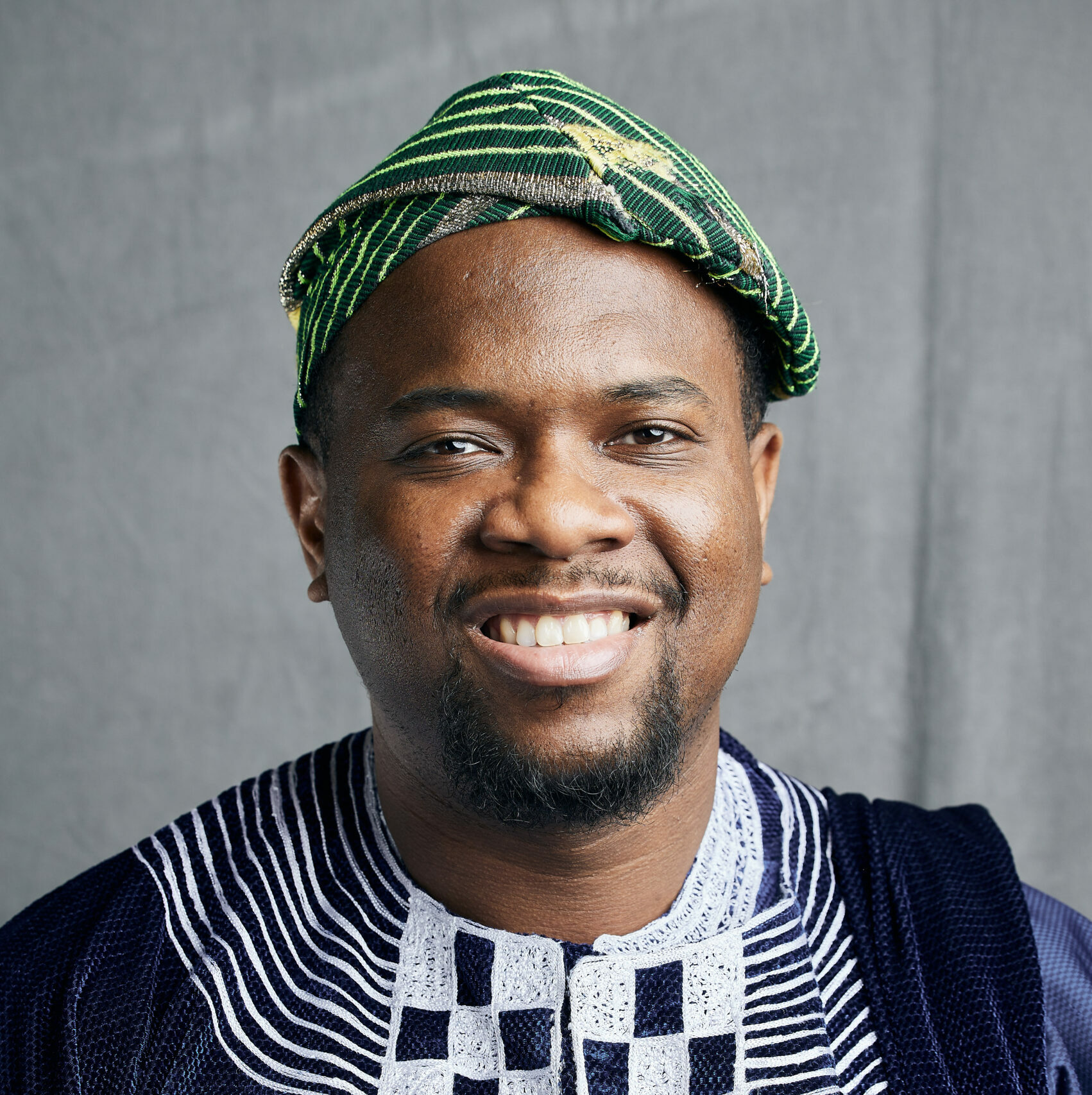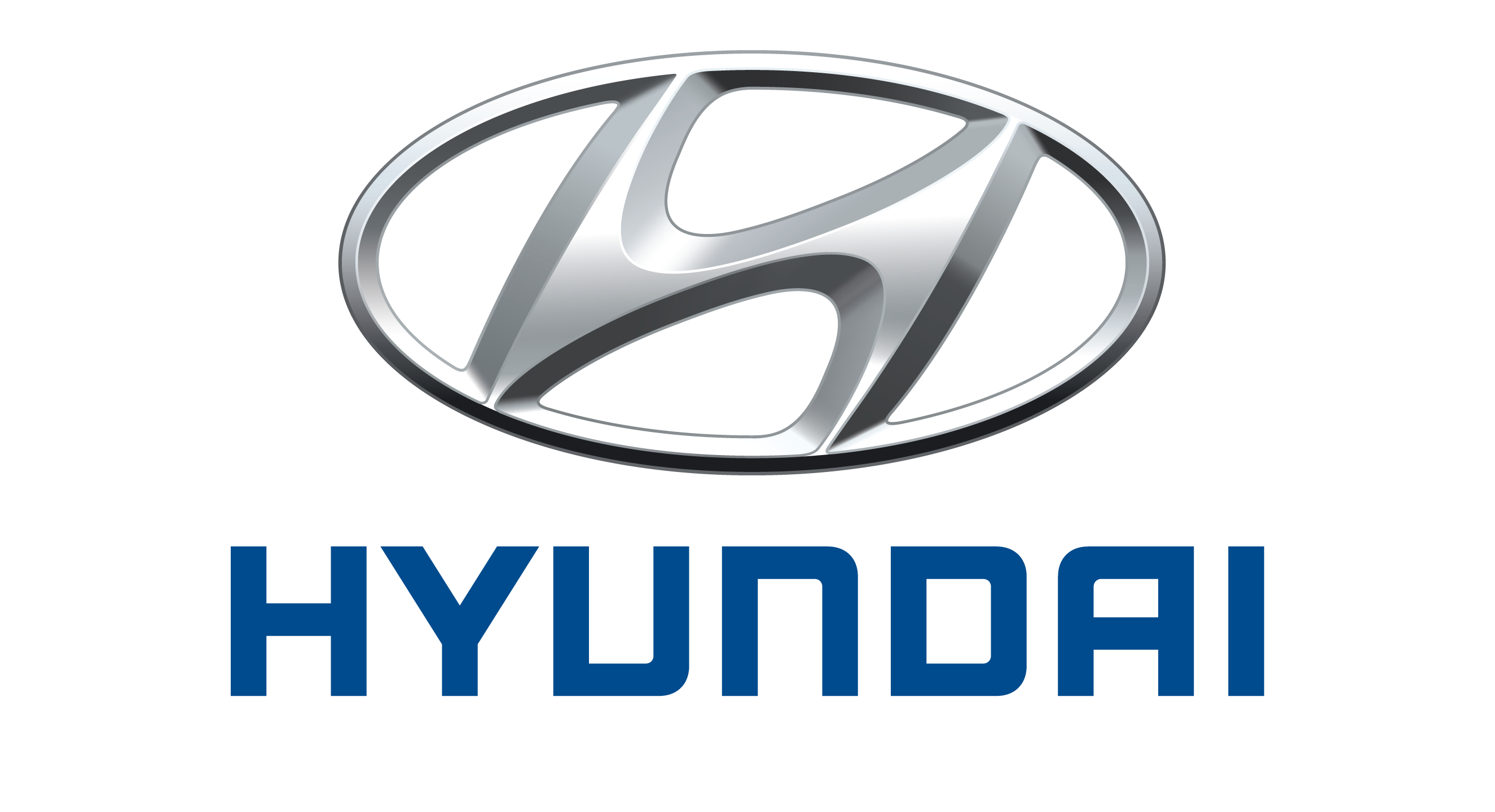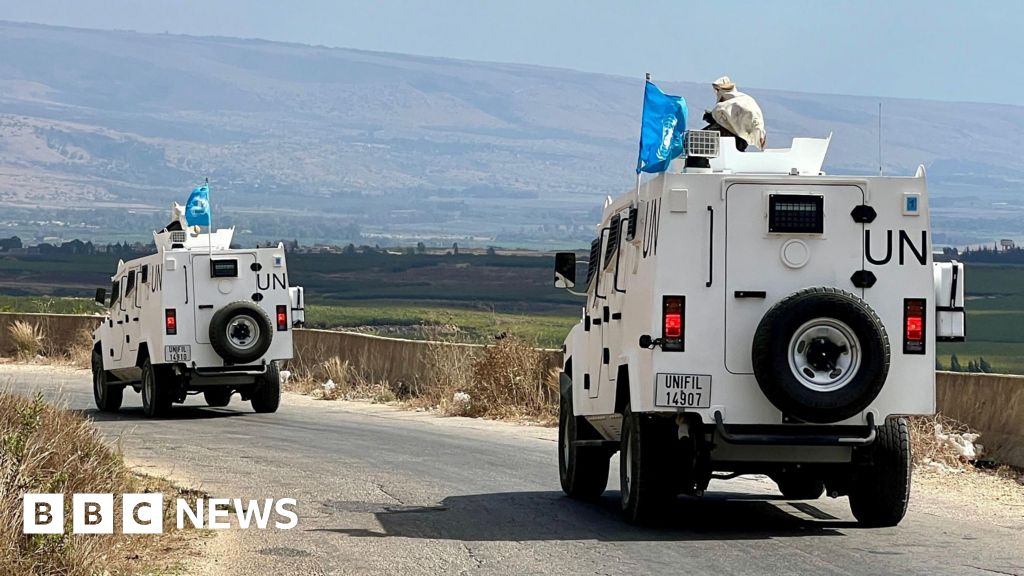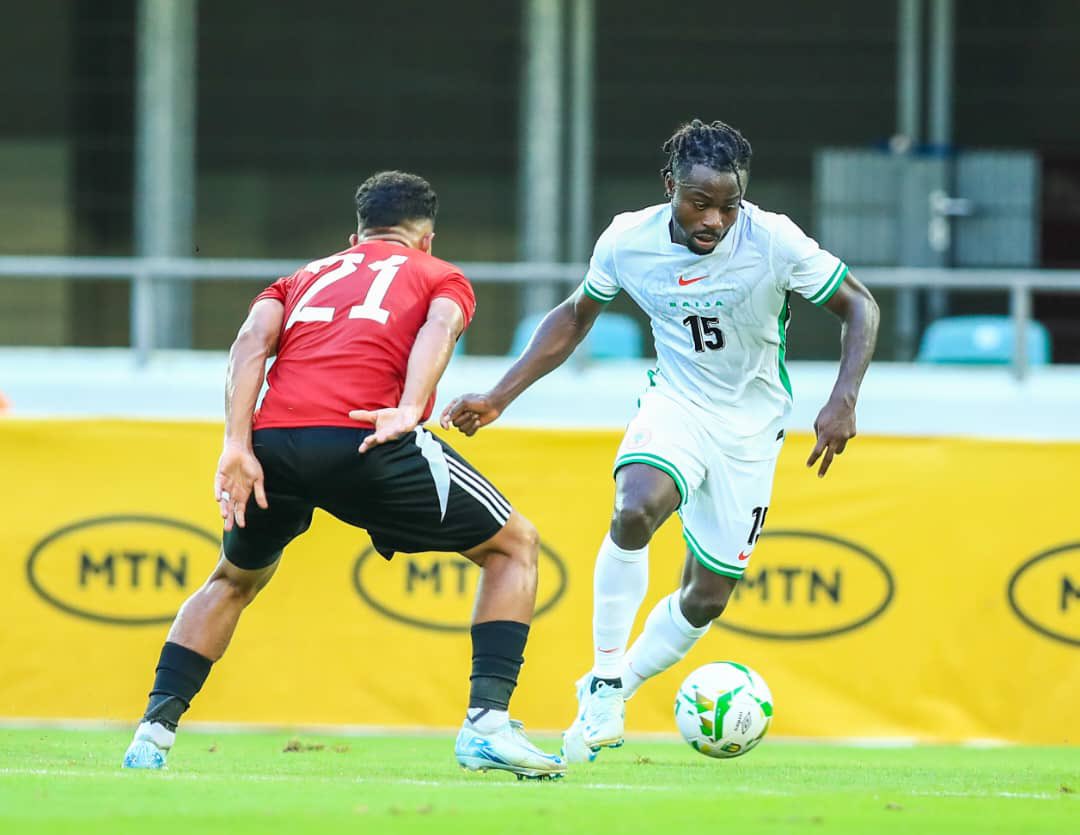Place your adverts here on InfoDig @ low rates; banner ads, sponsored links and guest articles etc. Contact us

The 2024 Annual Meetings of the International Monetary Fund (IMF) and the World Bank Group (WBG), set to take place from October 21 to October 26, will provide a platform for critical conversations about Africa’s role in the global economy. I intend to attend because this year’s event seems to hold special significance, not just for the continent but for the global economic landscape. The focus will be on Africa’s capacity to lead in the 21st century, where its abundant young workforce meets the capital-rich, ageing economies of the developed world.
The potential for Africa to become a cornerstone of global economic growth is enormous. With advanced economies facing demographic declines, the logical step is to tap into Africa’s growing, youthful population. However, this is easier said than done. The challenge is bridging the gap between the continent’s human capital and the financial resources that are available but not always accessible. This high-level meeting offers an opportunity to chart a course that connects these two critical assets, creating a more dynamic and inclusive global growth trajectory.
The first major theme of the meetings will centre on maintaining economic and financial stability. High inflation continues to undermine growth in many parts of the world, and Africa is no exception. While central banks have taken decisive action to reduce inflation, it is likely to remain above target in several countries until 2025. This prolonged period of high inflation risks consumer confidence and investor sentiment, both crucial to sustaining growth in Africa’s emerging economies.
In addition, inflation disproportionately affects the poorest members of society, who already face significant economic challenges. For Africa, the priority must be fighting inflation while maintaining financial stability. The IMF’s analysis shows the growing importance of inflation expectations, underscoring the need for policymakers to communicate their goals to the public. This transparency is essential for ensuring that the fight against inflation remains credible and effective.
One of the key discussions at the meetings will undoubtedly be around the need for sustained investment in Africa’s people. While financial stability is crucial, it is only one piece of the puzzle. The long-term success of Africa’s economies will depend on building human capital through education and healthcare. Africa is home to a rapidly growing youth population that is eager to contribute to the global economy. But without the right investments in skills, education, and health, this potential could be wasted.
Nigeria provides an excellent case study of how a country can invest in its youth while diversifying its economy. The Nigerian government has made significant strides in education, healthcare, and technology, paving the way for future generations to seize the opportunities presented by a globalised economy. The recent creation of the Nigeria AI Collective, a $1.5 million initiative funded by Luminate, aims to bring together experts from civil society, academia, and the tech industry to ensure the safe and ethical use of artificial intelligence in Nigeria. This is just one example of how African nations are taking the lead in shaping their futures.
As I prepare to attend the meetings, I’m particularly interested in the discussions around leveraging Africa’s human resources for global economic growth. The conversations at this event will likely focus on how to align global capital with the skills and potential of Africa’s workforce. The key challenge will be figuring out how to unlock the vast financial resources available globally and direct them toward the sectors that will drive sustainable growth on the continent—education, healthcare, infrastructure, and technology.
Another critical component of Africa’s playbook for prosperity will be its ability to balance short-term economic pressures with long-term investments in people and infrastructure. While fighting inflation and safeguarding financial stability are immediate priorities, Africa’s leaders must not lose sight of the future. Investing in high-quality education at all levels is crucial for preparing young people to take on the jobs of tomorrow. The continent must also scale up its healthcare infrastructure to ensure that its workforce is not only educated but also healthy and capable of contributing to the global economy.
Healthcare is an area where investment can have an outsized impact. Healthy workers are more productive, and access to quality healthcare is a key factor in ensuring that Africa’s young population can fully participate in the workforce. Moreover, improving healthcare can help to address one of the most pressing challenges facing the continent: maternal and child mortality. With targeted investments, African nations can significantly improve health outcomes, setting the stage for a more productive and resilient workforce.
One of the key takeaways I hope to see from these meetings is a renewed commitment to partnering with Africa to create a more prosperous and equitable global economy. Africa’s future is bright, but it requires coordinated action from both African governments and the global community. At these meetings, the focus should be on creating an environment where investment in Africa is not seen as aid, but as a strategic decision that benefits the global economy as a whole.
As a participant, I’m also eager to learn how global leaders plan to tackle the challenge of inflation while keeping financial markets stable. Africa’s economic stability is tied to global financial trends, and any tightening of financial conditions globally will affect African markets. Policymakers must find ways to safeguard financial stability while ensuring that Africa continues to attract the investment it needs to grow.
Attending these high-level discussions offers a unique opportunity to ask meaningful questions and engage in the shaping of Africa’s economic future. It’s not just about being in the room; it’s about contributing to the conversations that will define the next decade of growth for the continent. This is a critical moment for Africa, and I am both hopeful and excited to be a part of the dialogue that will help shape its future trajectory.
The 2024 IMF and World Bank Group Annual Meetings are more than just a gathering of policymakers—they are a blueprint for how Africa can thrive in the 21st century. By connecting capital with human resources, investing in education and healthcare, and maintaining economic stability, Africa has the potential to become the engine of global growth. The world will be watching, and Africa is ready to take centre stage.











)

)
)

 English (US) ·
English (US) ·